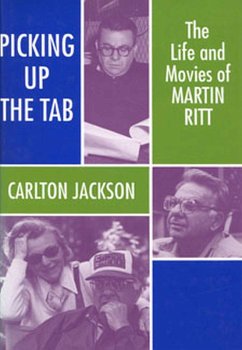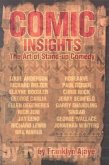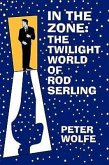At the memorial held after Martin Ritt's death in 1990, he was hailed as this country's greatest maker of social films. From No Down Payment early in his career to Stanley & Iris, his last production, he delineated the nuances of American society. In between were other social statements such as Hud, Sounder, The Spy Who Came in From the Cold, Norma Rae, and The Great White Hope. He was a leftist who embraced various radical movements of the 1930s and, largely because of this involvement, was blacklisted from television in the early 1950s. His film The Front, about the blacklisting, was his most autobiographical. He was a Jew from New York; yet he went to a small college in North Carolina, Elon, where he played football for "The Fighting Christians". His school days in the South gave him a lifelong love for the region. Thus, in his movies, he was just as much at home with southern as with northern topics. He did not deal totally in his southern experience with racism and poverty. He directed The Long Hot Summer and The Sound and the Fury, both of which described conflicts between and among white social groups. He once remarked, "I have spent most of my film life in the South". Some referred to his films as "think movies", and perhaps this is why he never won an Oscar for best directing. But he gave moviegoers all over the world an opportunity to see what America was really like - from the viewpoint both of the wealthy and of the poor. It may be, unfortunately, that we will never see his likes again.
Hinweis: Dieser Artikel kann nur an eine deutsche Lieferadresse ausgeliefert werden.
Hinweis: Dieser Artikel kann nur an eine deutsche Lieferadresse ausgeliefert werden.








